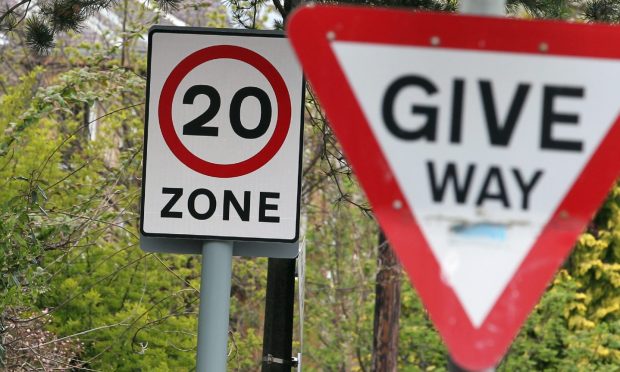A man has been charged in connection with £120,000 romance fraud, money laundering and other offences.
The 45-year-old is expected to appear at Dundee Sheriff Court on Monday.
He also faces charges under the Immigration Act.
According to Action Fraud, the national fraud and cyber crime reporting centre, romance fraud describes when someone on an online dating site or app uses a fake profile to form a relationship with somebody in an attempt to gain their trust and then ask for money, or enough personal information to steal their identity.
Detective Inspector Iain McPhail of Police Scotland’s economic crime and financial investigation unit said: “I would give the following advice to anyone who is considering looking for potential partners online or referred to them through a third party.
“If you are being referred to a potential partner by a third party, please ensure that they actually know that individual.
“Take steps to verify that images you see of that person are actually real images of them and not taken from the internet to give you a positive impression of them.
“Avoid giving away too many personal details when dating online.
“Revealing your full name, date of birth and home address may lead to your identity being stolen.
“Never send or receive money or give away your bank details to someone you’ve only met online, no matter how much you trust them or believe their story.
“Pick a reputable dating website and use the site’s messaging service.
“Fraudsters want to quickly switch to social media or texting so there’s no evidence of them asking you for money.
“Unfortunately there are some callous individuals who will prey on the trust of unsuspecting victims and take advantage of their compassion.
“Anyone who has any concerns should contact Police Scotland on 101.”









